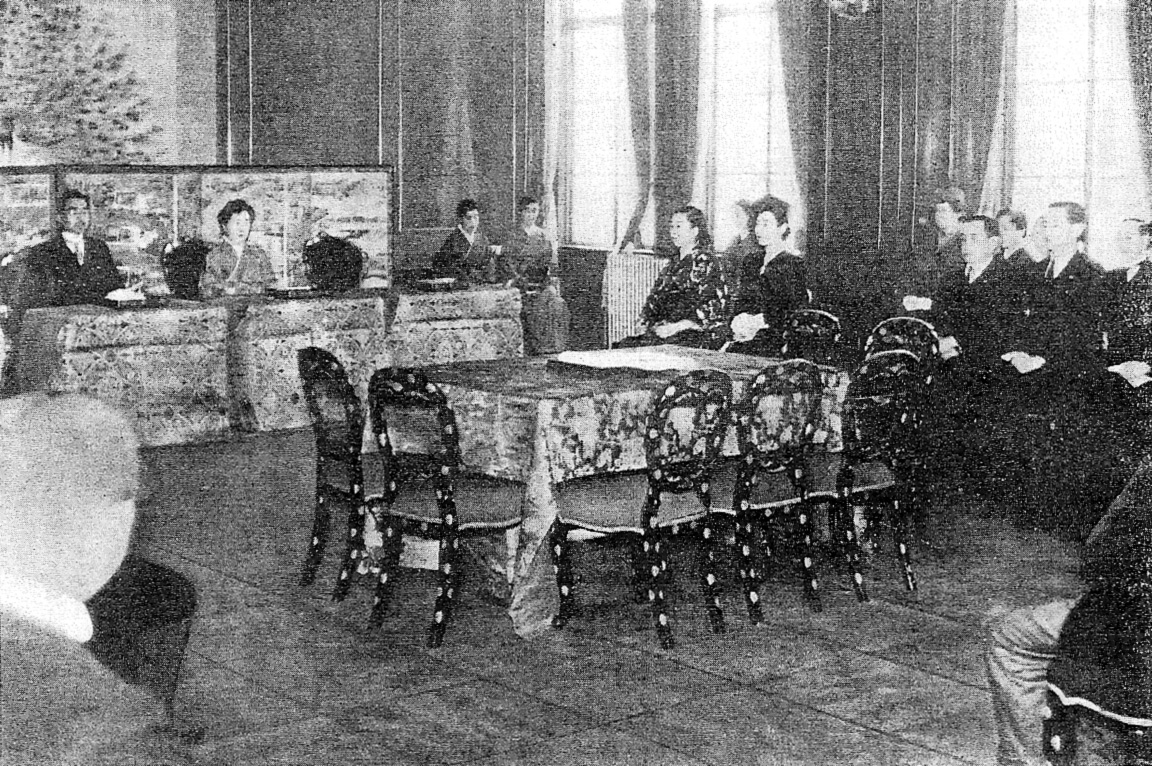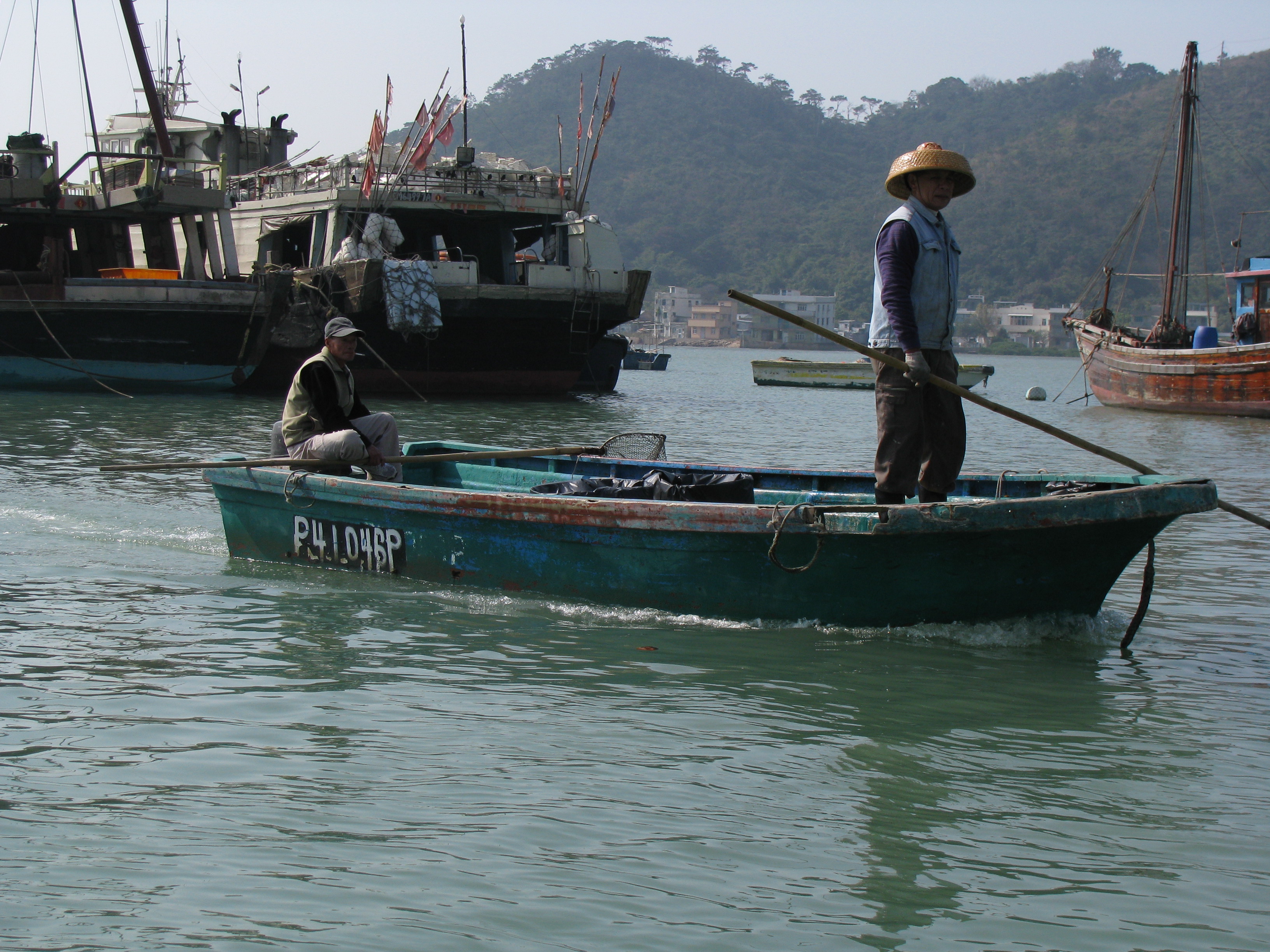|
Tanka (other) , a type of underground cistern
{{disambiguation ...
Tanka is a form of Japanese poetry. Tanka may also refer to: * Tanka people, an ethnic group in China * Tanka (Peru), a mountain in Peru * Tanka (sword) or habaki, part of a Japanese bladed weapon * Thangka or Tanka, a Tibetan silk painting with embroidery * Tanka (coin), a silver coin used in South Asia See also * Tanka movement, a militant agrarian struggle on behalf of the Hajong tribal people in East Bengal 1942-1950 * Bangladeshi taka, a currency named after the silver coin * Tanca (other) * Tonka (other) * Taanka A taanka, also known as a tanka or kund, is a traditional rainwater harvesting technique, common to the Thar desert region of Rajasthan, India. It is meant to provide drinking water and water security for a family or a small group of families. A ... [...More Info...] [...Related Items...] OR: [Wikipedia] [Google] [Baidu] |
Tanka
is a genre of classical Japanese poetry and one of the major genres of Japanese literature. Etymology Originally, in the time of the ''Man'yōshū'' (latter half of the eighth century AD), the term ''tanka'' was used to distinguish "short poems" from the longer . In the ninth and tenth centuries, however, notably with the compilation of the '' Kokinshū'', the short poem became the dominant form of poetry in Japan, and the originally general word ''waka'' became the standard name for this form. Japanese poet and critic Masaoka Shiki revived the term ''tanka'' in the early twentieth century for his statement that ''waka should be renewed and modernized''. ''Haiku'' is also a term of his invention, used for his revision of standalone hokku, with the same idea. Form Tanka consist of five units (often treated as separate lines when romanized or translated) usually with the following pattern of '' on'' (often treated as, roughly, the number of syllables per unit or line): :5-7-5-7- ... [...More Info...] [...Related Items...] OR: [Wikipedia] [Google] [Baidu] |
Tanka People
The Tankas or boat people are a sinicised ethnic group in Southern China who have traditionally lived on junks in coastal parts of Guangdong, Guangxi, Fujian, Hainan, Shanghai, Zhejiang and along the Yangtze river, as well as Hong Kong, and Macau. The boat people are referred to with other different names outside of Guangdong (not called Tanka). Though many now live onshore, some from the older generations still live on their boats and pursue their traditional livelihood of fishing. Historically, the Tankas were considered to be outcasts. Since they were boat people who lived by the sea, they were sometimes referred to as "sea gypsies" by both Chinese and British. Tanka origins can be traced back to the native ethnic minorities of southern China known historically as the Baiyue who may have taken refuge on the sea and gradually assimilated into Han culture. However, Tanka have preserved many of their native traditions that are not found in Han Chinese culture. A small numbe ... [...More Info...] [...Related Items...] OR: [Wikipedia] [Google] [Baidu] |
Tanka (Peru)
Tanka (Aymara for ''tanka'' hat or biretta, Quechua for fork, Hispanicized spelling ''Tanca'') is a mountain in the Andes of Peru. It is situated in the Arequipa Region, Condesuyos Province, Cayarani District Cayarani District is one of eight districts of the province Condesuyos in Peru. Geography The Wansu mountain range traverses the district. Some of the highest mountains of the district are listed below: Ethnic groups The people in the dis ..., in the southern extensions of the Wansu mountain range. Tanka lies at the Puma Ranra (or Sunqu P'allqa) valley, south of Allqa Q'awa.escale.minedu.gob.pe - UGEL map of the La Unión Province (Arequipa Region) References Mountains of Peru Mountains of Arequipa Region {{Arequipa-geo-stub ... [...More Info...] [...Related Items...] OR: [Wikipedia] [Google] [Baidu] |
Tanka (sword)
Japanese sword mountings are the various housings and associated fittings ('' tosogu'') that hold the blade of a Japanese sword when it is being worn or stored. refers to the ornate mountings of a Japanese sword (e.g. ''katana'') used when the sword blade is being worn by its owner, whereas the ''shirasaya'' is a plain undecorated wooden mounting composed of a '' saya'' and '' tsuka'' that the sword blade is stored in when not being used. Components *: The '' fuchi'' is a hilt collar between the '' tsuka'' and the ''tsuba''. *: The '' habaki'' is a wedge-shaped metal collar used to keep the sword from falling out of the '' saya'' and to support the fittings below; fitted at the ''ha-machi'' and ''mune-machi'' which precede the '' nakago''. *: a hook shaped fitting used to lock the ''saya'' to the ''obi'' while drawing. *: The ''kashira'' is a butt cap (or pommel) on the end of the ''tsuka''. *: The '' kōgai'' is a spike for hair arranging carried sometimes as part of katana- ... [...More Info...] [...Related Items...] OR: [Wikipedia] [Google] [Baidu] |
Thangka
A ''thangka'', variously spelled as ''thangka'', ''tangka'', ''thanka'', or ''tanka'' (; Tibetan: ཐང་ཀ་; Nepal Bhasa: पौभा), is a Tibetan Buddhist painting on cotton, silk appliqué, usually depicting a Buddhist deity, scene, or mandala. Thangkas are traditionally kept unframed and rolled up when not on display, mounted on a textile backing somewhat in the style of Chinese scroll paintings, with a further silk cover on the front. So treated, thangkas can last a long time, but because of their delicate nature, they have to be kept in dry places where moisture will not affect the quality of the silk. Most thangkas are relatively small, comparable in size to a Western half-length portrait, but some are extremely large, several metres in each dimension; these were designed to be displayed, typically for very brief periods on a monastery wall, as part of religious festivals. Most thangkas were intended for personal meditation or instruction of monastic students. The ... [...More Info...] [...Related Items...] OR: [Wikipedia] [Google] [Baidu] |
History Of The Taka
The history of the taka, also known as the tanka or tangka, refers to one of the major historical currencies of Asia, particularly in the Indian subcontinent and Tibet. It was introduced in the 14th century and became a currency of the Silk Road. Its history is intertwined with the medieval Islamic history and culture of the Indian subcontinent. In modern times, the Bangladeshi taka is considered a legacy of the historical taka because Bengal was the stronghold of the currency. It was inscribed in numerous languages across different regions, including in Sanskrit, Arabic, Persian, Hindustani, Bengali, Nepali, Tibetan and Mandarin. Etymology According to ''The American Heritage Dictionary of the English Language'' and ''Banglapedia'', the word ''taka'' came from the Sanskrit word ''tankah''. Introduction in North India The imperial tanka (also called Sultani tanka) was officially introduced by the monetary reforms of Muhammad bin Tughluq, the emperor of the Delhi Sultanate, in 13 ... [...More Info...] [...Related Items...] OR: [Wikipedia] [Google] [Baidu] |
Tanka Movement
The Tanka movement ( bn, টঙ্ক আন্দোলন) was a militant agrarian struggle on behalf of the Hajong tribal people in Mymensingh District, British Bengal (later East Bengal, Pakistan) 1937–1950. The movement was parallel, but distinct from, the Tebhaga movement in other parts of Bengal. The Hajong movement was inspired by the struggles of Moni Singh.Bal, Ellen. They Ask If We Eat Frogs: Garo Ethnicity in Bangladesh'. IIAS/ISEAS series on Asia. Singapore: Institute of Southeast Asian Studies, 2007. p. 176Schendel, Willem van. The Bengal Borderland: Beyond State and Nation in South Asia'. London: Anthem Press, 2005. pp. 99-100, 260 Bengali communist cadres had arrived in the Hajong areas in the 1930s, and helped to organise the Hajong peasants. During the period of 1942 and 1945, Hajong sharecroppers organized in the Kisan Sabha struggled against feudal domination of Bengali Hindu landlords. There was a severe crackdown against the movement in 1946. The Hajong ... [...More Info...] [...Related Items...] OR: [Wikipedia] [Google] [Baidu] |
Bangladeshi Taka
The Bangladeshi taka ( bn, টাকা, currency sign, sign: , ISO 4217, code: BDT, Short form (linguistics), short form: Tk) is the currency of the Bangladesh, People's Republic of Bangladesh. In Unicode, it is encoded at . Issuance of bank notes 10 and larger is controlled by Bangladesh Bank, while the 2 and 5 banknotes are the responsibility of the Ministry of Finance (Bangladesh), ministry of finance of the government of Bangladesh. The banknotes of Tk. 2 and Tk.5 have mostly been replaced by coins while lower denomination coins (including all poysha coins) up to Tk. 1 have almost gone out of circulation due to inflation. The most commonly used symbol for the taka is "" and "Tk", used on receipts while purchasing goods and services. It was formerly divided into 100 paisa, poysha, but poysha coins are no longer in circulation. Etymology According to ''The American Heritage Dictionary of the English Language'' and ''Banglapedia'', the word ''taka'' came from the Sanskrit ... [...More Info...] [...Related Items...] OR: [Wikipedia] [Google] [Baidu] |
Tanca (other)
{{disamb ...
Tanca is a sixth-century French Roman Catholic saint Tanca may also refer to: ; People * Andrew Tanca * Juan Tanca Marengo, Ecuadorian physician ; Places * Tanča Gora * Tanca Marchese * Tanca Tanca See also * Tanka (other) Tanka is a form of Japanese poetry. Tanka may also refer to: * Tanka people, an ethnic group in China * Tanka (Peru), a mountain in Peru * Tanka (sword) or habaki, part of a Japanese bladed weapon * Thangka or Tanka, a Tibetan silk painting with ... [...More Info...] [...Related Items...] OR: [Wikipedia] [Google] [Baidu] |
Tonka (other)
Tonka is an American toy company. Tonka may also refer to: *Tonka (film), a 1958 Disney Western *Tonka of the Gallows, a 1930 Czech movie *Tonka (fuel), a rocket fuel * Tonka (truck), a monster truck *Tonka (name) * Tonka, Tombouctou Region, a town and commune in Mali *Tonka bean (Dipteryx odorata), a type of spice ** Tonka bean oil, extract from Tonka bean *Panavia Tornado A nickname given to the jet due to its virtually indestructible nature *Tonka, given name of Bully XIX (2000 – 2011), Mississippi State Bulldogs mascot (2001 – 2009), English Bulldog See also * Tanka (other) * Toka (other) *Tonda (other) *Tonk (other) *Tonna (other) * Toska (other) *Tonka Bay, Minnesota *Ha Ha Tonka State Park, United States park *Baba Tonka Cove, Antarctican cove *''Donogoo Tonka ''Donogoo Tonka'' is a 1936 German comedy film directed by Reinhold Schünzel and starring Anny Ondra, Viktor Staal and Will Dohm.Kreimeier p. 28 ... [...More Info...] [...Related Items...] OR: [Wikipedia] [Google] [Baidu] |






